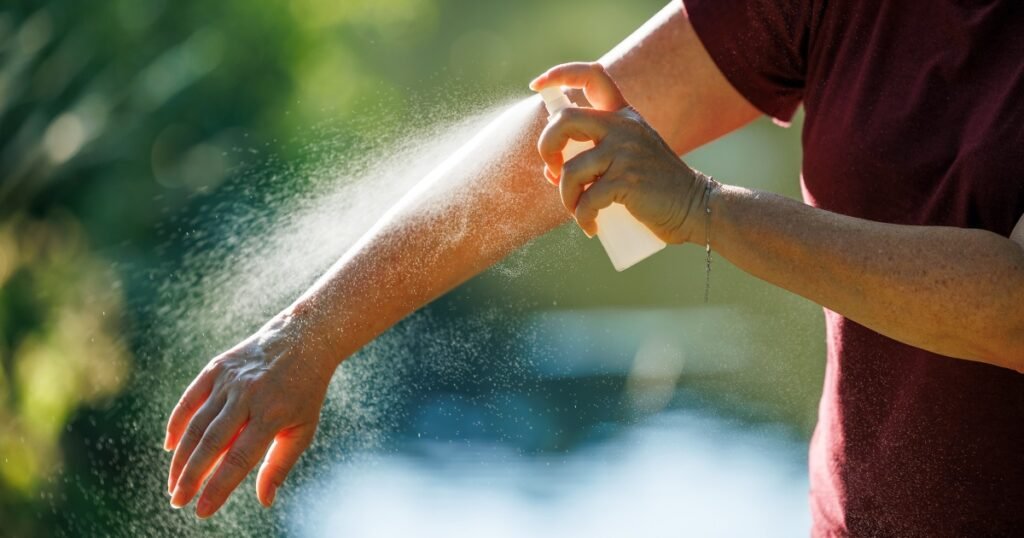Mosquitos are not just a nuisance, they can also transmit dangerous infectious diseases like eastern equine encephalitis, West Nile virus, and dengue fever. Cases of eastern equine encephalitis have been reported in at least five states this year, with Massachusetts experiencing its first outbreak since 2020. West Nile virus, the leading cause of mosquito-borne disease in the U.S., has already spread earlier than expected this year, with at least 33 states reporting cases totaling 289. The CDC has also issued a health alert regarding rising cases of dengue fever in the Southeastern U.S.
Homemade mosquito repellents are not recommended by experts. The CDC and EPA advise using only EPA-registered insect repellents to protect against mosquito-spread illnesses. Homemade repellents lack the necessary concentrations of active ingredients needed to ward off mosquitoes effectively. Common ingredients in homemade repellents like apple cider vinegar, witch hazel, and essential oils do not guarantee protection from mosquito bites. The efficacy of natural ingredients that are not EPA-certified is unknown, making it risky to rely on homemade solutions for mosquito repellent.
When it comes to choosing an effective mosquito repellent, experts recommend looking for products with EPA-registered active ingredients like DEET, picaridin, oil of lemon eucalyptus (OLE), IR 3535, and para-menthane-diol (PMD). These ingredients have been evaluated for effectiveness and are known to provide protection against mosquito bites. Treating clothing with 0.5% permethrin is also recommended, especially when traveling, as it can help ward off mosquitoes through several wash cycles. However, permethrin products should never be used on the skin.
Different mosquito repellents have their own advantages and disadvantages. DEET is effective against both mosquitoes and ticks, while picaridin is less oily and has a more pleasant smell. Oil of lemon eucalyptus, derived from the lemon-scented gum eucalyptus plant, is another effective repellent. When selecting a repellent for children under 3 years of age, avoid products containing oil of lemon eucalyptus or para-menthane-diol (PMD). Factors to consider when choosing a repellent include the duration of protection, frequency of reapplication, user (adult or child), personal preference, and whether the product provides tick protection.
In addition to using insect repellents, there are natural ways to prevent mosquito bites. Controlling mosquitoes both inside and outside the home is crucial, including emptying any standing water, using screens on doors and windows, and minimizing outdoor activities during peak mosquito activity times. Sleeping indoors with windows closed, staying in screened-in areas when outside, avoiding outdoor activities that expose you to mosquitoes, and wearing long, loose-fitting clothing can also help prevent mosquito bites. Overall, taking preventive measures and using effective repellents can reduce the risk of mosquito-borne diseases during peak mosquito season.

